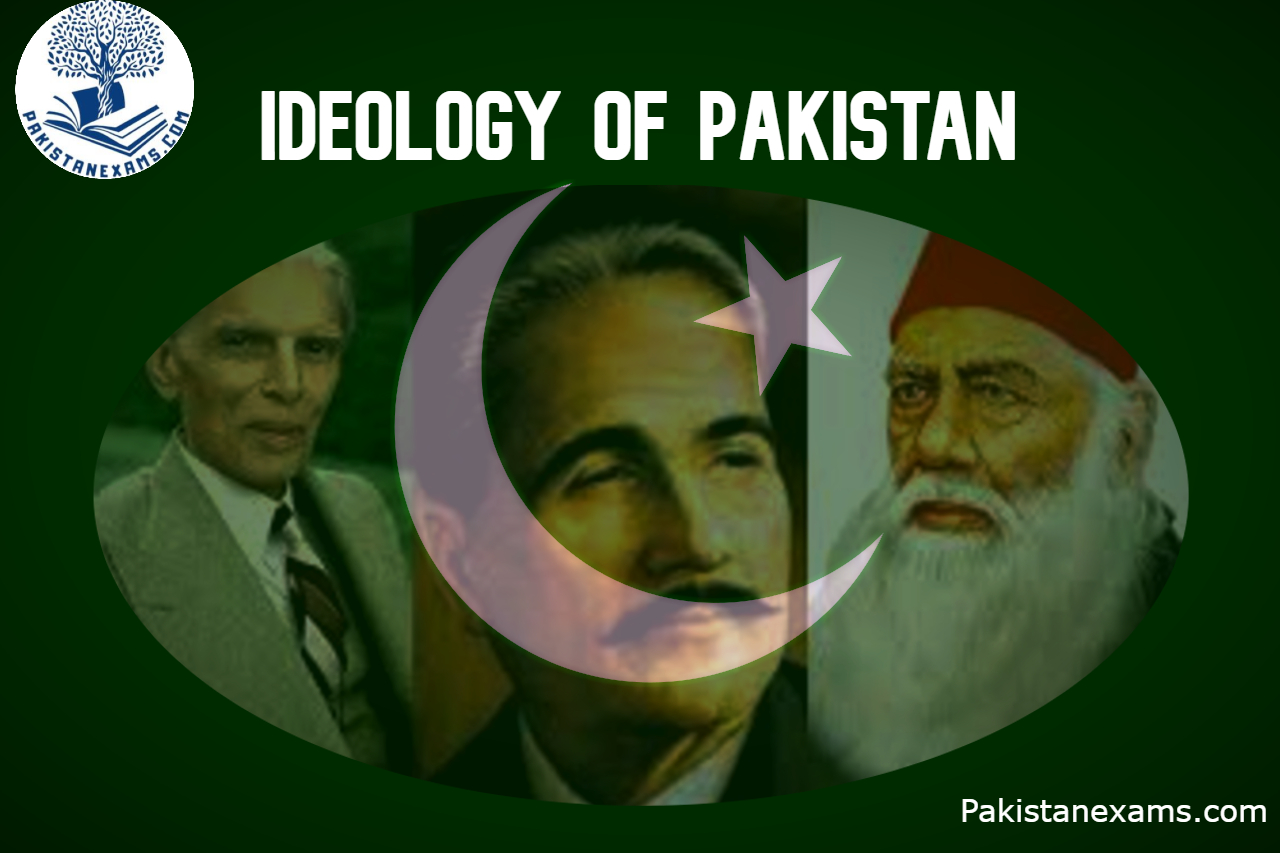Introduction
The ideology of Pakistan is an Islamic ideology. It is a multifaceted concept. The reason is, that it includes various aspects of the political, social, and religious identity of the Muslims. It is also based on the idea that Muslims in India needed to have a country where they could freely practice their religious faith, and culture and live under the umbrella of an Islamic System. Moreover, their country would be free from any religious discrimination and persecution. Some of the important points about the ideology of Pakistan as an Islamic ideology are further described in the coming paragraphs:
Islamic Principles
The ideology of Pakistan is based on the principles of Islam. These principles include the belief in one God (Tawhid), prophethood, accountability, and social justice. Moreover, it states that the objective of the state is to ensure that Islamic principles and teachings serve as the guiding force for legislation, governance, social norms, and an Islamic way of life.
Constitutional Provisions
The Constitution of 1973 declares Islam as the state religion and adds Islamic provisions in various aspects of law and governance. The Objectives Resolution of 1949, which later on became a preamble to the constitutions, expressed the commitment to providing social justice and equality following the principles of Islam.
Cultural Identity
The Islamic ideology of Pakistan has also influenced the cultural and social norms of the country. It has shaped various aspects of life, including art, literature, and festivals. Islamic traditions and values are also deeply embedded in the social fabric, which influence the family structures, moral codes, and community practices in the country.
Conclusion
In short, the ideology of Pakistan as an Islamic ideology, is a foundational aspect of the country’s identity. It shapes its history, governance, culture, and societal norms. Lastly, it also influences various spheres of public life and governance of Pakistan.

